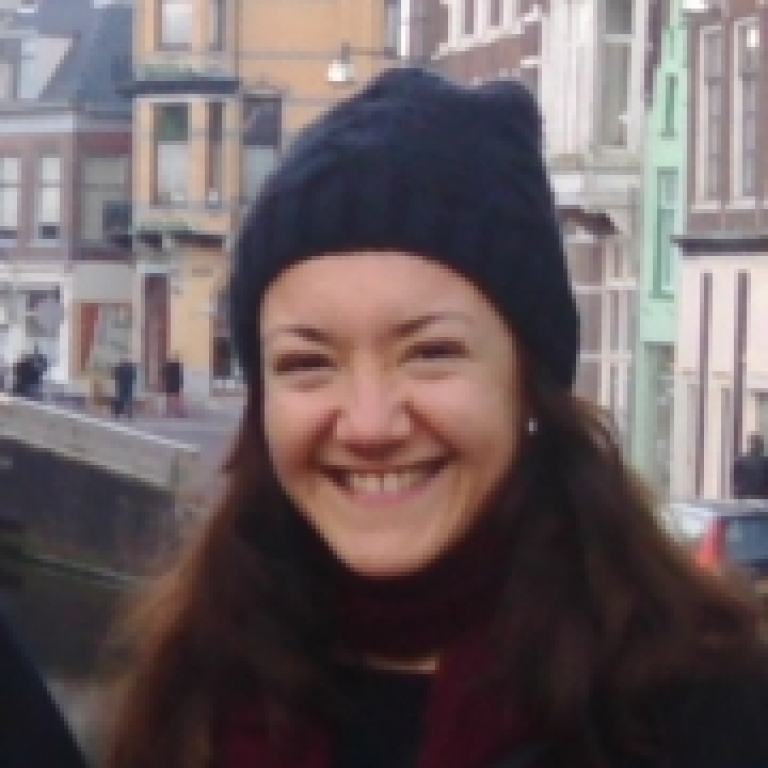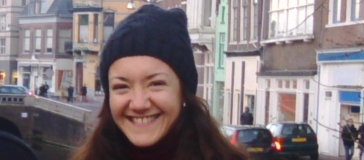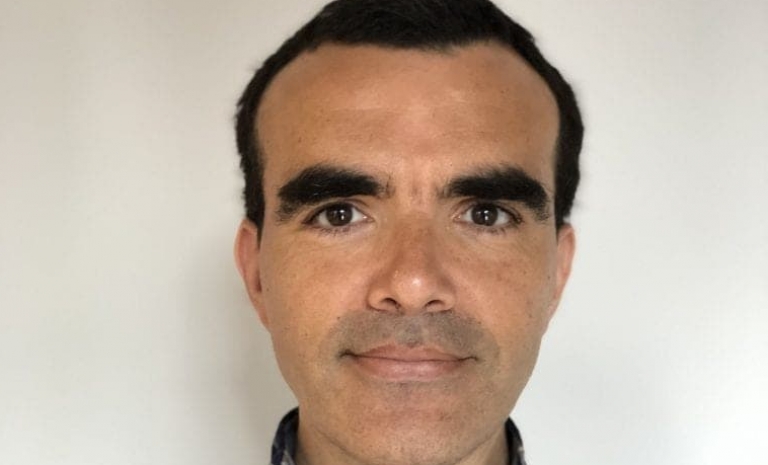SESAME, a project on mentoring and social entrepreneurship, is the first European project developed by Servei Solidari Foundation. Its coordinator Inma Martín shares some of the lessons learned.
It has been one year and a half since Servei Solidari Foundation joined SESAME project. However, it all started some time before: Servei Solidari received an invitation to attend a mentoring congress in Leeuwarden, organized by Mentorprogram Friesland. We were hesitant about it since some investment had to be done: travel, accommodation, editing English dissemination materials. We finally went for it and certainly did not regret it.
A call was being prepared at that time, and Mentorprogram invited us to join a strategic partnership between several international organizations. In Servei Solidari we had expertise in entrepreneurship (self-employment support) and also in mentoring, being part of the Nightingale network. Meeting personally, we had the opportunity to explain ourselves.
Happily, SESAME project was approved in the end of 2014 and was launched in a first team meeting in Leuwardeen in December that year.
The SESAME project: mentoring and social entrepreneurship
SESAME project (Social Enterprise by Synergy and the Added value of youth Mentoring in Europe) is a strategic alliance between six countries. The Netherlands, Finland, Lithuania, Spain, Turkey and United Kingdom. Its objective is to link the mentorship and social entrepreneurship with the university and vocational training students. The project aims to create a powerful network formed by young people, educational institutions, businesses and local communities while equipping them with a social entrepreneurial skillset.
Every participant country must ensure the implementation of two main outputs:
- A subject based in social entrepreneurship to be taught either in a VET school or university.
- The starting of a mentor network that will help and support those students doing this subject.
Therefore local strategic partnership was needed. In Catalonia, Servei Solidari is working closely with Escola Pia de Catalunya, more specifically with a group of VET Computing Science in Escola Pia de Mataró.
So far, a group of 8 mentors are collaborating in the current lessons: they explain their own experience, give specific lessons about theoretical concepts (marketing, finance…), but mainly help out the teacher and the students to develop their own social enterprise. They started the course in January and at the moment are currently working in these ideas. You can check out the latest infos in their group Facebook page.
Lessons learned from a European project
As a social sector professional there are some relevant aspects I would like to point out when considering starting international projects:
- Move around. International projects build-up personally, through networking opportunities. Attending to congresses and meetings is a great way to meet interesting partners and to develop future ventures.
- Join in networks and initiatives related to your mission. It is worth paying an annual fee to join a network because it will facilitate contacts, methodology and support.
- Do learn English. What do you do most in this kind of meetings? Explaining what you do and the goals of your organization. You must know how to pitch fluently in English, which is the vehicular language. In the same way, English dissemination material should be at hand.
- Be open-minded. One of the most interesting learnings in this kind of projects is, undoubtedly, the intercultural exchange implied. So be prepared for some misunderstandings, breaking topics and learning a lot about different cultures.












Add new comment